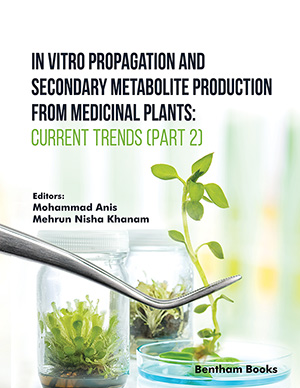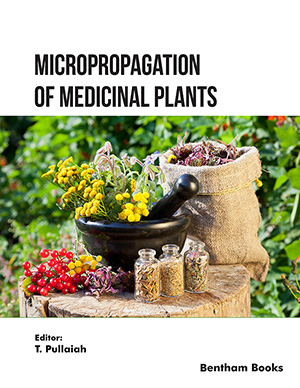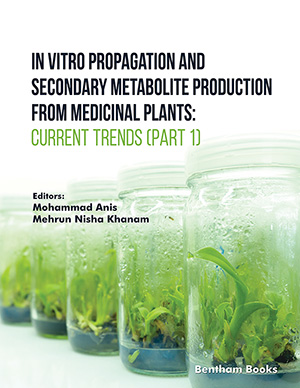Abstract
Background: It has been proven that vasoactive intestinal peptide (VIP) was involved in the pathogenesis of prostate cancer. Cardin et al. found that by an alanine scan, the heparin- binding site on VIP was exactly the same sequence in VIP and its receptor. Therefore, heparin could competitively block the binding of VIP and its receptor. However, the structure-activity relationship between heparin and VIP has not been reported, especially in terms of the sequence and sulfation patterns of heparin oligosaccharides upon binding to VIP.
Objective: A variety of experiments were designed to study the binding process and structure-activity relationship between heparin oligosaccharides and VIP.
Methods: Heparin was enzymatically digested and purified to produce heparin oligosaccharides, and the structures were characterized by NMR. The binding capacity between heparin oligosaccharides and VIP was analyzed by GMSA and ITC experiments. The binding between heparin oligosaccharides and VIP was simulated using a molecular docking program to show the complex. ELISA assay was used to investigate the effect of non-anticoagulant heparin oligosaccharides on the VIP-mediated cAMP/PKA signaling pathway in vitro.
Results: The results indicated that both the length and the sulfation pattern of heparin oligosaccharides affected its binding to VIP. VIP could induce the expression of cAMP at a higher level in PC3 cells, which could be regulated by the interaction of heparin oligosaccharides and VIP.
Conclusion: The binding between heparin oligosaccharides and VIP could block the binding between VIP and its receptor on tumor cells. Downloading the regulation of the expression level of cAMP could possibly further affect the subsequent activation of PKA. These non-anticoagulant heparin oligosaccharides may block the VIP-mediated cAMP/PKA signaling pathway and thus exert their antitumor activity.
Keywords: Heparin oligosaccharides, vasoactive intestinal peptide, interaction, isothermal titration calorimetry, ELISA assay, cAMP.




























